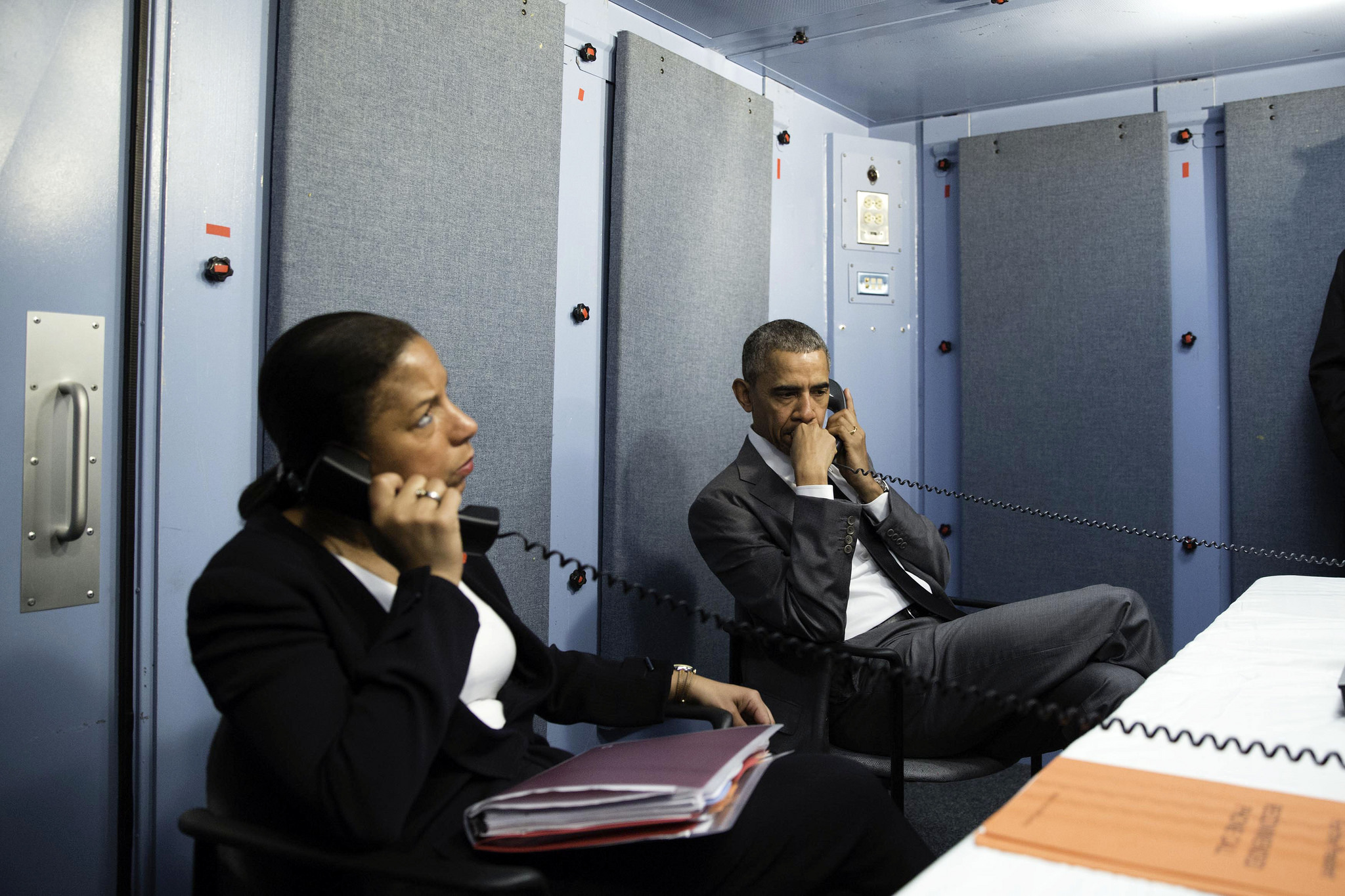Guest post by Michal Onderco and Michal Smetana
A Twitter storm erupted last month following a tweet by a prominent psychologist, Steven Pinker, who endorsed a plan outlined in an opinion piece that the US withdraw its nuclear weapons from Europe in exchange for Russia’s ending its invasion of Ukraine. The value of US nuclear weapons in Europe is much debated. Some experts argue that they have limited military utility, while others believe they provide a deterrent to Russian aggression. NATO has, up until today, attached great importance to them in the alliance’s overall deterrent posture. Still, others see them predominantly as political symbols, likening them to wedding rings: not wearing one does not mean much, but when you stop wearing one, that is usually quite telling.
In our recent study, we wanted to understand what Europeans, especially Germans, think about these weapons stationed on their territory, both the general public and elites. As political scientists Joshua Kertzer and Jonathan Renshon said in a recent Politico interview, studying political elites—a category often defined in various ways, in our case being the members of German parliament, the Bundestag—is one of the leading themes in contemporary political science. Our study, however, is one of the few academic studies looking at both elite and public views of nuclear weapons.
In our study, we considered public and elite perspectives on four main issues: the legitimacy of the use of nuclear weapons, the deterrent value of the weapons, the political benefits of these weapons, and views about the potential for withdrawal. We generally found that there is a substantial difference between elites and the general public, but this difference was neither linear nor simple.
We found that neither elites nor the general public were enthusiastic about nuclear weapon use. The vast majority of respondents opposed the use of nuclear weapons in all four scenarios we proposed. However, elites were even more reluctant than the general public to support the use of nuclear weapons, perhaps because their preferences are constrained by their diplomatic engagements and interactions with civil society.
Both elites and the public believe that stationing nuclear weapons in Germany deters both nuclear and non-nuclear attacks on NATO. Since elites are more likely to engage with the US officials—who almost unanimously believe in the deterrent effect of these weapons—it is possible that German elites came to share this view too.
The majority of the respondents also think that stationing nuclear weapons gives Germany a special weight within NATO. Again, elites did appear to be slightly more convinced of this argument, but the difference was not statistically significant. German elites here share the same views as the American experts, who earlier argued that Germany, by participating in nuclear sharing, “has a seat at a very exclusive table in Brussels.”
We also found German elites less supportive of unconditional withdrawal of the US nuclear weapons from Germany. Both elites and the general public supported a withdrawal of weapons from Germany in a framework of an arms control agreement between Russia and the United States. This finding speaks directly to Pinker’s tweet. The German public—and elites—see the withdrawal of weapons within a framework of an arms control agreement between the US and Russia as a worthwhile endeavor. However, an agreement as proposed by Pinker is not an arms control agreement as such, but rather a bargain of a different kind. Russian tactical nuclear weapons—which are far more numerous than the NATO nuclear weapons stationed in Europe—would remain untouched. It is therefore not clear whether Europeans would find such a deal acceptable.
Lastly, we found Europeans to be rather cynical about the prospects for global nuclear disarmament. Neither elites nor the general public thought that global nuclear disarmament would be possible in the coming 50 years; the public was even more skeptical about this than the elites. This suggests that the failure to deliver on nuclear disarmament is probably not going to cost European politicians much, since voters do not expect it to be possible in the long term anyway.
As Russia’s war in Ukraine rages on, we should not rely on nuclear arms control to provide a magic silver bullet to ending the war. It might be helpful in the long term, and it might help to foster peace- and trust-building. But peace and trust must come first.
Michal Onderco is Professor of International Relations at Erasmus University Rotterdam, and a research affiliate at Peace Research Center Prague. Michal Smetana is Associate Professor at Charles University Prague, and the coordinator of Peace Research Center Prague







